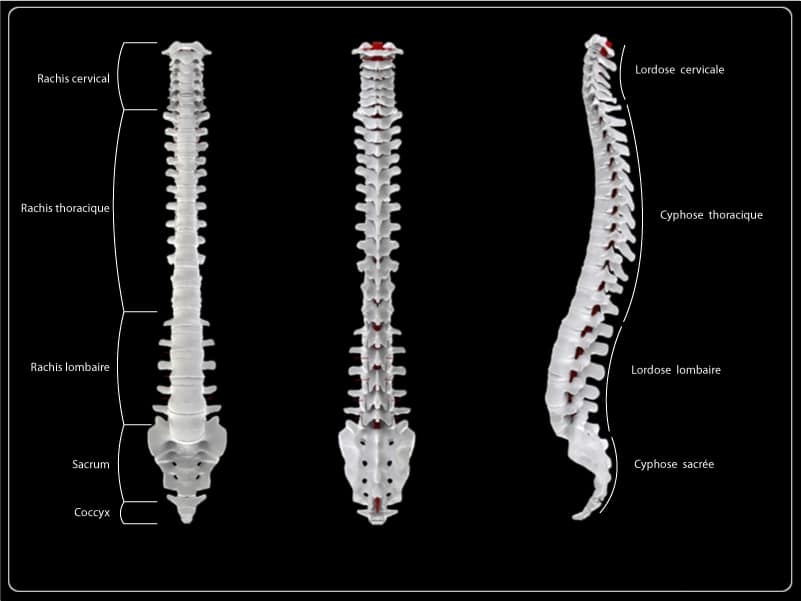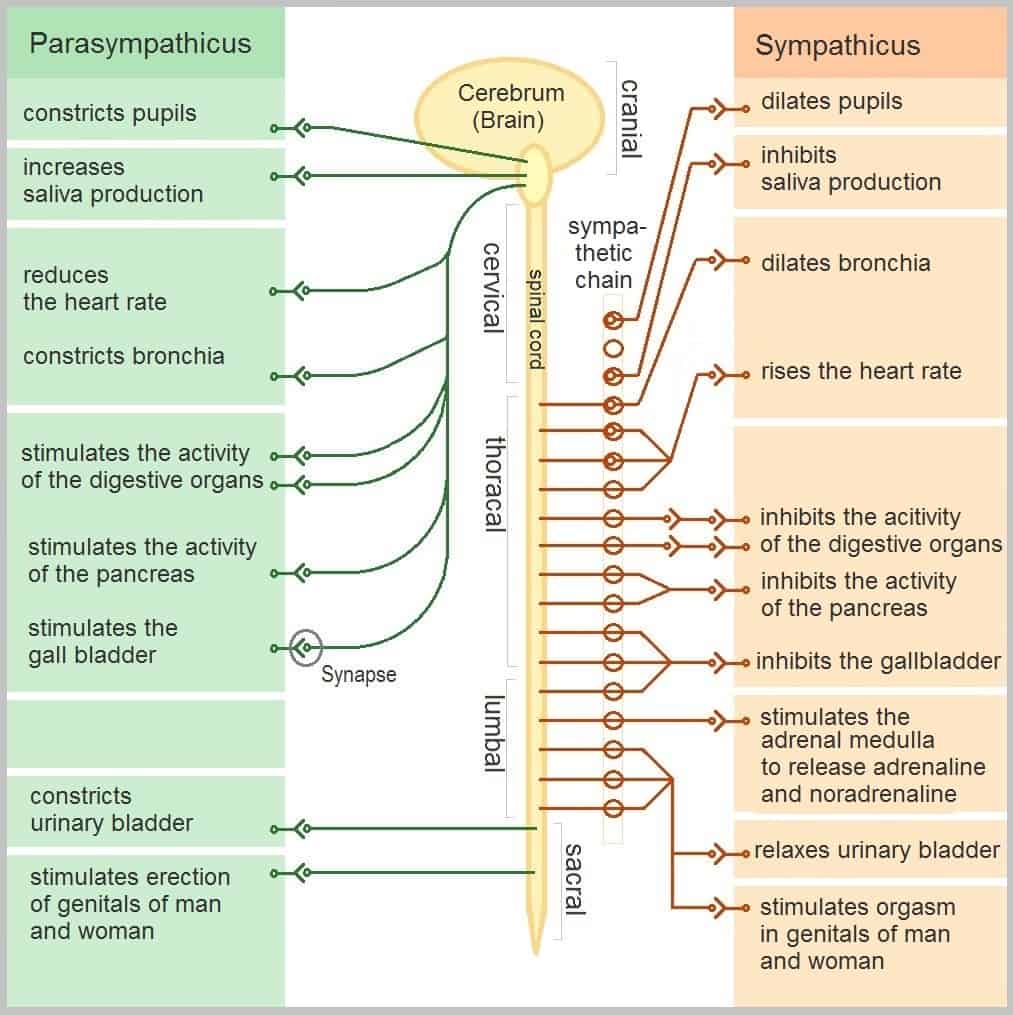
Introduction
In the realm of holistic healthcare, chiropractic practices emphasize the interconnectedness of the body’s systems and the importance of maintaining optimal balance for overall well-being. One often overlooked yet essential aspect of this equilibrium is sleep. As chiropractors strive to promote natural healing and enhance the body’s innate ability to function, the significance of sleep cannot be understated. In this article, we delve into the pivotal role of sleep from a chiropractic perspective.

Sleep and Spinal Health
Chiropractic care revolves around maintaining the health and alignment of the spine, as it houses the central nervous system responsible for transmitting vital information between the brain and the body. Quality sleep plays a fundamental role in this dynamic. During sleep, the body undergoes repair and regeneration processes, including the restoration of spinal structures. Adequate sleep ensures that the spine can maintain its natural curvature, promoting proper alignment and reducing the risk of subluxations – misalignments that can lead to pain, discomfort, and decreased nerve function.

Stress Reduction
Chronic stress has far-reaching effects on the body, often manifesting as muscle tension and tightness. Sleep serves as a natural stress reliever, allowing the body to reset and alleviate tension. From a chiropractic standpoint, minimizing stress is crucial for spinal health. Stress-induced muscle contractions can lead to imbalances that affect the spine’s alignment. A restful sleep routine helps mitigate stress-related muscular tension, supporting the body’s structural integrity and promoting optimal nervous system function.

Inflammation and Healing
Inflammation is the body’s response to injury and stressors. Chronic inflammation is linked to a range of health issues, including pain and reduced mobility. Sleep is a critical factor in regulating inflammation. During deep sleep stages, the body releases hormones that aid in tissue repair and immune system function, curbing inflammation. For chiropractic patients dealing with musculoskeletal issues, adequate sleep accelerates the healing process and enhances the efficacy of chiropractic adjustments.

Nervous System Balance
Chiropractic care seeks to restore balance to the nervous system, which controls every bodily function. Sleep is integral to maintaining this balance. The autonomic nervous system, comprising the sympathetic (fight-or-flight) and parasympathetic (rest-and-digest) branches, relies on sleep to shift into parasympathetic dominance. This shift promotes relaxation, digestion, and overall recovery. Without sufficient sleep, the sympathetic system can dominate, leading to increased tension and decreased spinal health.






